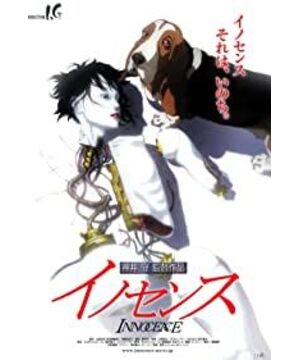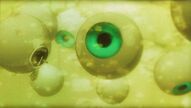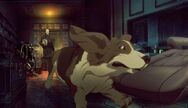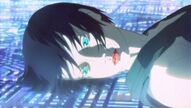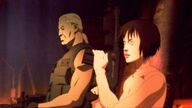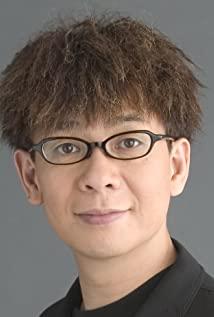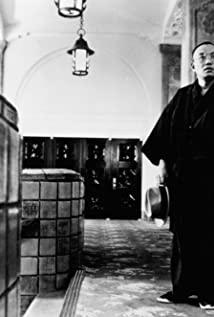This film continues the style of the previous film, but I always feel that it lacks the depth of thinking in the first film, and the plot is slightly less dense than the first film.
1. "I stand alone in the world, I purify myself, have no desires and no desires"
After Moeko's stream of consciousness merged into the mainnet (the plot of Ghost in the Shell I), Bart asked Moeko if he was happy, and Moeko answered.
Obviously, Mo Zi not only broke free from the shackles of the organism, but also broke free from the shackles of limited memory units. I think for her, the vast main network has become a treasure for her to explore, and happiness is no longer what she needs to break free from the shackles of the body.
2. The second part of Attack in the Shell has been revolving around the crazy puppet. The end of the film reveals the reason for the puppet's madness. The realistic puppet is actually an interest group that implanted the ghost of a minor into the puppet, making the puppet very realistic. Win the favor of customers; about this setting, there are many discussions in the film, which are quite interesting:
When Bart rescued the experimental girl who was transplanted with Ghost on the ship, he asked the question: When the doll also has a personality, it will also think: "Why should I imitate a human?";
When interviewing the doctor who maintains the puppets in the opening credits, the doctor compares the puppets to human beings in childhood—both have human appearances, but their minds are still not independent, or immature. Just imagine that in childhood, a person's cognition of the outside world is limited only by the people around him, but his independent thoughts have not yet been formed, and he cannot comprehend the laws of the operation of the surrounding society, nor can he spontaneously execute it based on a certain plan, but this There are times when children are able to deal with simple environmental changes; at this time, they are in a recipient state, which is why childhood is a golden age for language learning.
The above thinking is based on whether consciousness can peek at the external environment and at the same time think about the operation law and essence of the outside world. If a program can reason about the laws of operation of external things, and generate subjective initiative, form a self-value system, and realize its self-value, is it a human being, or an intelligent life form?
3. In the first part of Attack in the Shell, there is also an interesting topic. When a mortal body constantly mechanizes the parts of the body in order to break through the limits of the organism, in the end, only the brain is not mechanized. Is he still a human? I think most people will answer that he is a human because the brain has not been replaced. However, in the first part, Motoko was replaced with an electronic brain, leaving only the original Ghost, so is she a human? I think some people will hold a negative attitude, because if only the existence of consciousness is used to determine whether an organism is a human being, then it has actually reached a philosophical level: bionics have generated consciousness, does it belong to human beings? I think most people will also have a negative attitude: androids are not my kind.
View more about Ghost in the Shell 2: Innocence reviews


